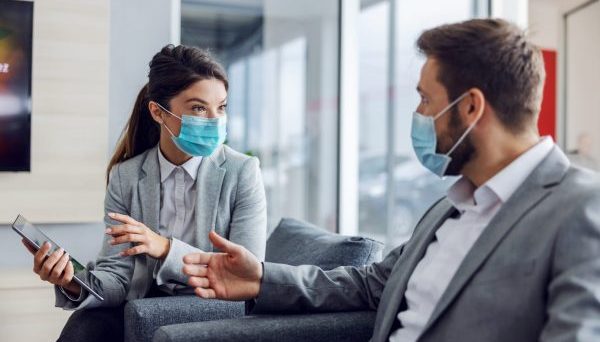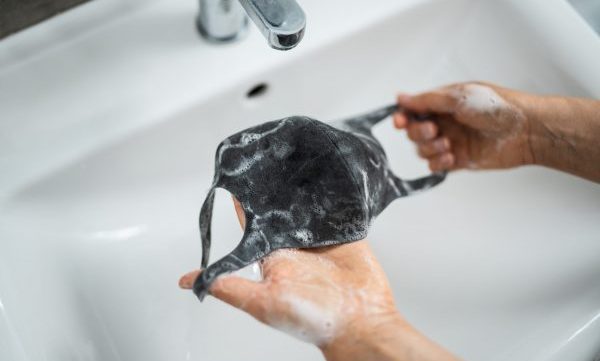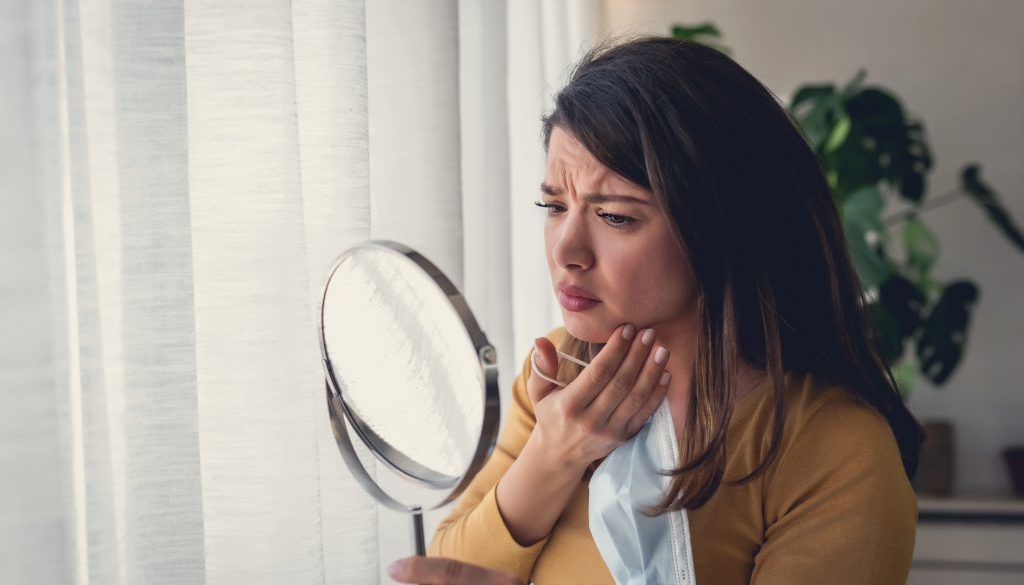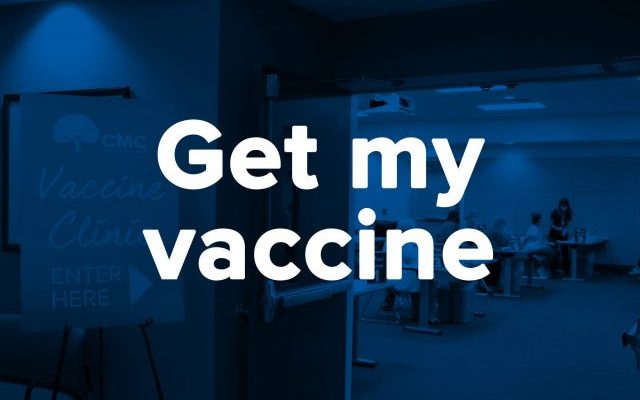Maskne: The struggle is real!
The COVID-19 pandemic has made face masks a staple of our everyday wardrobes. Wearing a mask to prevent the spread of the virus has become as crucial as wearing a coat in the winter and putting your shoes on before leaving the house. But as important as it is to “mask up,” wearing these face coverings can take a toll on your skin. Conway Medical Center wants to help you protect your skin from the struggle caused by maskne.
Is maskne real?
Yes. Acne can pop up for a variety of reasons on anyone whether they are prone to it or not. If it didn’t make an appearance for you during infancy or puberty, acne could catch up with you later in life due to changes in your body chemistry or because of other external causes. Mask-related acne, known as maskne, is one of those.
What causes maskne?
Having to wear a mask for long periods of time can lead to breakouts. Masks trap hot air when you breathe and talk. This can increase oil and sweat production and lead to the growth of bacteria, yeast and other flora on your skin. The mask itself can cause chafing and irritation of the skin. Not to mention the dirt and grime that a mask can collect and introduce to your skin. All of this can lead to acne flare ups.

How to treat and prevent maskne?
1. Cleanse your skin regularly Use a gentle cleanser on your skin in the morning and before bed. If you will be wearing your mask for most of the day or while doing physical activities, you may want to periodically use an oil free face wipe to reduce any accumulations of oils, sweat, and dirt.
2. Treatment options for maskne There are many treatments and skincare products available over the counter to help with maskne. There are even some prescriptions that can assist with clearing up your skin. Because everyone’s skin is different, if you are not familiar with using skin care products, you may want to talk to your primary care provider or a dermatologist about which options may be best for you.
When searching for over the counter skin care products, look for products that are oil free or noncomedongenic (unlikely to cause pore blockages.) If you are using a product for the first time, test a small amount on the sensitive skin of your arm to make sure you have no reactions before you use it on your face.
3. Change or clean your mask Make sure you are using a clean mask. This will reduce the amount of dirt and oils that come in contact with your skin. If you are using a cloth mask, wash it daily to rid it of bacteria and filth.
How many times do you wear your clothes before you wash them? Wash your mask just a much, if not more.

4. Don’t touch! Touching your face or picking at your acne can introduce more bacteria and oils to it. It can cause more pores to clog and can irritate existing acne.
5. Take care of yourself Cut down on your dairy and sugar intake and eat a healthy diet. Try to reduce your stress and anxiety which can lead to breakouts. Find time to relax and safely let your skin breathe as much as possible.
Still struggling with maskne?
If you are doing all that you can to try to get your maskne under control but are still struggling with discomfort or flare ups, make an appointment with one of our primary care providers. There could be more than just your mask that is causing your problems.
Wearing masks can sure be annoying, but ditching them is not an option right now. By wearing your mask, you are protecting yourself and others as we inch closer to ending the pandemic. A little bit of maskne is nothing compared to getting coronavirus and the risk of spreading it to those we care about.





